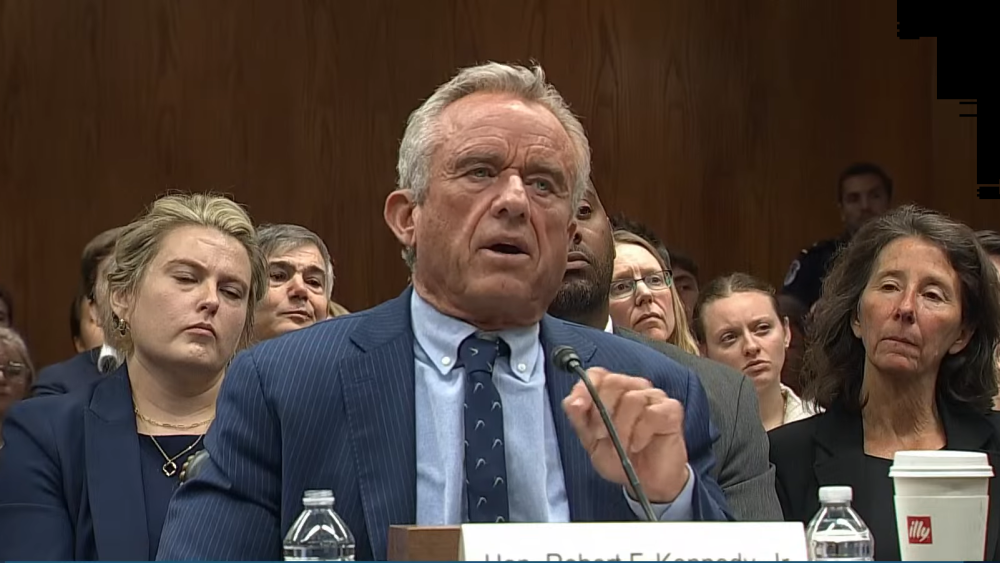STAMFORD, Conn., Jan. 7 /PRNewswire/ -- Purdue Pharma will appeal a court ruling on certain patents for OxyContin(R) (oxycodone HCl controlled-release) Tablets and expects a higher court will find the patents are enforceable.
"We were surprised and disappointed by the ruling," said Howard R. Udell, Purdue's Executive Vice President and Chief Legal Officer. "While we have great respect for the judge, we feel that in this instance he has ruled in error."
In applying for patents, Purdue has always fully and accurately disclosed all appropriate and relevant information. In his opinion, Judge Sidney Stein of the U.S. District Court for the Southern District of New York found that while Endo infringed three of Purdue's patents, the patents were unenforceable due to "inequitable conduct" by Purdue. This determination was based on the fact that, while Purdue's patent application stated that the inventors had "surprisingly discovered" that a four-fold range of dosages of the OxyContin formulation would treat "about 90%" of patients in pain, the company did not have experimental data to establish this statement at the time it was made. Dr. Robert Kaiko, a Purdue scientist and one of the inventors, testified at the trial that his discovery of this benefit of the formulation was an "insight" that he had developed based upon his extensive experience with, and knowledge of, the behavior of opioid analgesics -- and, in particular, controlled-release opioid analgesics. Purdue never made the claim in the patent application that it had done experiments to establish this property and the patent examiner never asked for such information.
Importantly, the judge expressly found that Dr. Kaiko's discovery was subsequently established to be correct and supported by evidence that Purdue produced at the trial.
The judge's assertion that the use of the word "discovered" in the patent application was intended to suggest that experiments were done is incorrect, as noted in the judge's quotation from one of the lawyers who wrote the patent to the effect that a discovery is something that can take place entirely "in the mind" without the need for experimentation. That patent lawyer cited Einstein's formula, e=mc2, as an example of a discovery that takes place in the mind. There was no laboratory experimentation that formed the basis for this extraordinarily important discovery. Similarly, Dr. Kaiko's insight formed the basis for his discovery of the reduction in range, which Purdue ultimately proved.
It is also important to note that a defense to a charge of inequitable conduct is the good-faith belief of the individual making the assertion in its correctness. Nowhere in the judge's opinion does he make a determination, or even suggest, that Dr. Kaiko did not have a good-faith belief that his insight would ultimately be established as fact -- as it indeed was. Nowhere does he make a determination that the attorneys who wrote the patent application did not believe that their use of the word "discovered" would also encompass a discovery made entirely within the mind.
Udell noted that in cases like this, where district courts have made findings of inequitable conduct, the Court of Appeals for the Federal Circuit has reversed these determinations in more than 70 percent of the cases within the last year. "We believe that this case will similarly be reversed by the Court of Appeals," Udell stated.
The professional product labeling for OxyContin(R) Tablets contains the following boxed warning:
WARNING:
OxyContin is an opioid agonist and a Schedule II controlled substance with an abuse liability similar to morphine.
Oxycodone can be abused in a manner similar to other opioid agonists, legal or illicit. This should be considered when prescribing or dispensing OxyContin in situations where the physician or pharmacist is concerned about an increased risk of misuse, abuse, or diversion.
OxyContin Tablets are a controlled-release oral formulation of oxycodone hydrochloride indicated for the management of moderate to severe pain when a continuous, around-the-clock analgesic is needed for an extended period of time.
OxyContin Tablets are NOT intended for use as a prn analgesic.
OxyContin 80 mg and 160 mg Tablets ARE FOR USE IN OPIOID-TOLERANT PATIENTS ONLY. These tablet strengths may cause fatal respiratory depression when administered to patients not previously exposed to opioids.
OxyContin TABLETS ARE TO BE SWALLOWED WHOLE AND ARE NOT TO BE BROKEN, CHEWED, OR CRUSHED. TAKING BROKEN, CHEWED, OR CRUSHED
OxyContin TABLETS LEADS TO RAPID RELEASE AND ABSORPTION OF A POTENTIALLY FATAL DOSE OF OXYCODONE.
Full prescribing information for OxyContin is available at http://www.purduepharma.com/PRESSROOM/PI/OXYCONTIN_PI.PDF.
Purdue PharmaCONTACT: James Heins of Purdue Pharma L.P., +1-203-588-8069
Web site: http://www.purduepharma.com/




